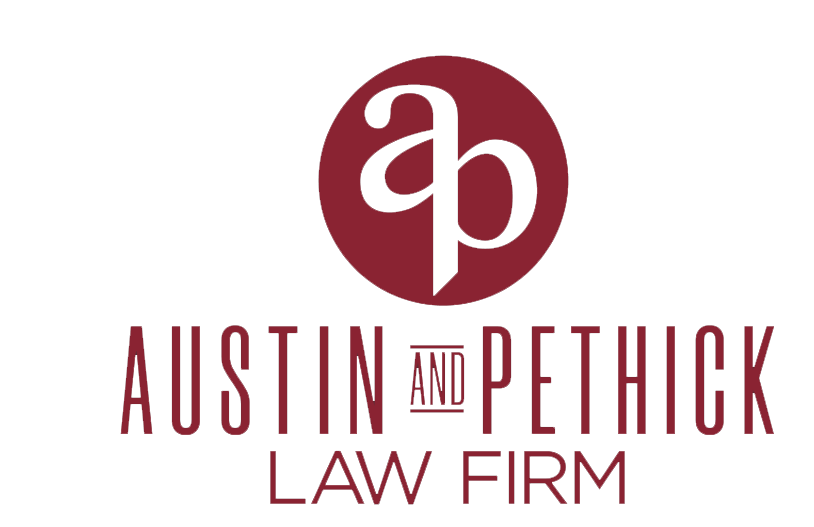Probate is the legal process of administering a deceased person’s estate. It involves validating the deceased person’s will (if there is one), identifying and valuing the person’s assets, paying off any debts or taxes, and distributing the remaining assets to the heirs. Here are some key things to understand about the probate process:
Probate can be time-consuming: The probate process can take several months to complete, or even longer if there are disputes among the heirs or if the estate is particularly complex. During this time, assets may be tied up and inaccessible to heirs.
Probate can be expensive: The probate process can be expensive, with fees and costs associated with court filings, legal fees, appraisals, and other expenses. These costs are typically paid out of the estate’s assets.
Probate can be public: The probate process is a matter of public record, which means that anyone can access information about the deceased person’s assets and debts, as well as information about the heirs and beneficiaries.
Probate can be contested: The probate process can be contentious, with disputes arising over the validity of the will, the distribution of assets, or other issues. In some cases, these disputes can lead to litigation, which can be costly and time-consuming.
Probate can be avoided: There are ways to avoid probate, such as setting up trusts, naming beneficiaries on accounts and policies, and gifting assets before death. These strategies can help heirs avoid the time, expense, and public scrutiny associated with probate.
In conclusion, the probate process is a complex and often time-consuming process that can be expensive and public. However, by understanding the process and taking steps to avoid it, you can help ensure that your assets are distributed according to your wishes and minimize the potential for disputes among your heirs. Consulting with an estate planning attorney can help you navigate the probate process and explore strategies to avoid it.


